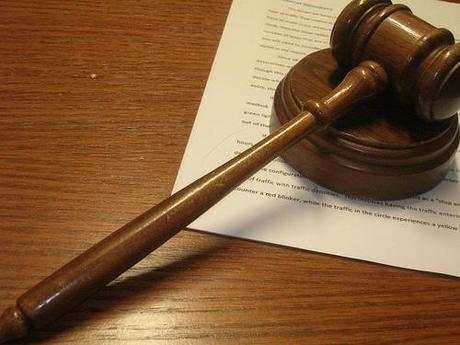The digital age has provided numerous industries with ways to cut costs and operate more efficiently, but some of the most surprising advancements have occurred within the justice system. In the UK, teleconferencing is often used in place of face-to-face contact when trying to determine the guilt of a criminal, and more countries are likely to follow suit. It enables the reduction, and in some cases elimination, of bureaucratic red tape, and it opens possibilities that don’t exist under traditional methods.

The Flexibility of Technology
One touted benefit of teleconferencing in criminal prosecutions is that it allows for cases to be addressed at odd hours any time during the week, including days when prosecutions typically wouldn’t take place. Weekends and holidays are no longer off-limits, and that makes it possible to move criminals through the justice system far more rapidly than would otherwise be possible.
The Incredible Benefits of Efficiency
There is no denying that conducting trials through teleconferencing saves the state money. There is no need to transport the criminal from one location to another, or to assign extra security detail to the suspect when he’s already under surveillance. Additionally, the salaries that don’t have to be paid as a result of conducting weekend hearings add up to massive overtime savings.
The new technology also benefits the innocent. Since the process is so much faster, suspects spend less time in jail awaiting their trial. They get to keep their jobs, and they spend less time away from their families. It is much less likely that the stigma of having been detained by police will stick to them as it does with those who endure long, drawn-out proceedings.
The Verdict
New technology tends to be a mixed bag. It can create new problems even as it resolves old issues. That applies here as well; lawyers often face much more hectic work schedules as a result of the flexibility provided by the new system. Fears have also been voiced that the new system works so rapidly it may actually impede due process, since elements of a case might not be examined as thoroughly as they should be. However, there is no solid evidence to support this theory, and on the whole, new video technology has only improved the justice system in the regions where it has been introduced.
The use of teleconferencing in criminal prosecutions will continue to reduce the overhead that is necessary to keep the justice system running smoothly. The benefits will only increase as technology improves, and making the process faster will greatly benefit taxpayers and those being processed within the system. The people who are found innocent get to walk well before they would otherwise, and those who are convicted use up less tax money because they are not in limbo for nearly as long. There is little doubt that technology has enabled criminal justice to take a big step forward, and things will improve by leaps and bounds over the next decade.
Author Bio:Cindy Epps blogs about criminal justice, including modern technological changes to the profession. Several schools offer online degrees in criminal justice, including University of Cincinnati and Boston University.
